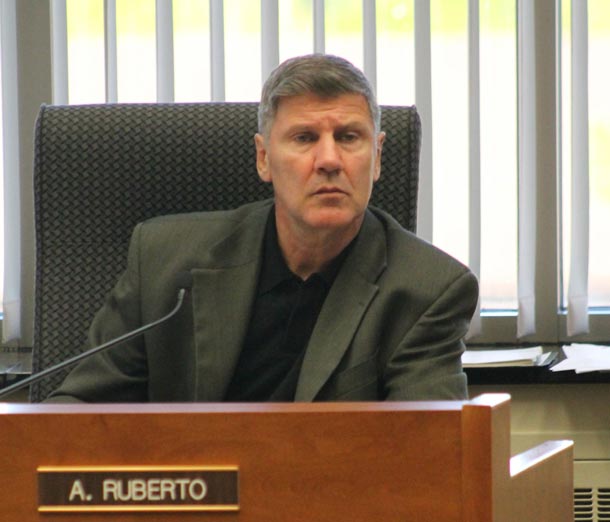
Thunder Bay Council Moves Forward After Long Debate
THUNDER BAY – City Council spent a long time last night in discussion over the issue of pets. Almost every Councillor wanted to get ‘On the Record’ to make sure that their opposition to any by-laws limiting pets was known.
The only issue there is that the entire effort was not about a by-law, it was simply about getting a report.
That report from Administration would have looked at what the issue is all about, and what other communities are doing. The issue came back to Council after being raised during the summer by Councillor Aldo Ruberto.
Ruberto brought the issue forward after hearing from residents expressing their concerns on having to struggle over issues raised by people having large numbers of pets, and being unable to care for them properly.
That should be the first task of each and every member of Council.
Over the past month, since the issue came forward, Councillor Ruberto was hammered online over having raised the issue. Almost instantly the suggestion to look at an issue and gather needed information was pounced on by people figuring Councillor Ruberto was trying to limit pet ownership.
Mayor Hobbs, when the resolution was first presented called it “a stupid idea”.
Long Debate Brought Out Common Sense
What happened last night, after a long debate, and after what appeared to be lots of political positioning – remember the next civic election is just over a year away – is some common sense started to come together on the issue.
Ruberto had raised the issue of how by-law enforcement was telling him they were often unable to deal with the issues. There are growing instances of “pet hoarding” in Thunder Bay was the message Ruberto shared last month.
Last night, almost half an hour into the discussion, Mark Smith told Council that there were issues over the summer with pet hoarding, and that there were no tools in the toolbox to address those issues.
Councillor Mark Bentz then started to focus the issue, along with other Councillors, who were then starting to see what direction the process should take. Councillor Angus reported how as the Chair of the District Social Services Administration Board (DSSAB) that the issue had been brought to his attention too.
Slowly it appeared last night that the full issue was one worth getting a report and gathering facts was a good idea.
Council was still reluctant to put in place in the report any wording on limiting the number of domestic animals a resident could keep in the city.
Councillor Bentz stated that “Councillor Ruberto never came forward with a resolution to limit pets”.
“He came forward with input from people looking for help from the city, and in apartments where there are problems, there need to be ways to solve the problem”.
“We need mechanisms to make things happen faster”. Bentz commented in one of his neighbourhoods the people had to wait for two months this summer over grass a foot deep in a yard. Waiting all summer was a real issue according to Bentz.
What it increasingly appeared was that the idea of limiting pet ownership raised a huge political hurricane, and at first few of the Council members could see through the issue clearly.
Finally at the end of a long debate, Council voted on a resolution that will allow Administration to produce a report that will allow Council to make some solid decisions based on facts.
The issue took about an hour of back and forth at Council Monday night. Much of that was spent in political wrangling and political positioning, when in reality moving more quickly to get a report should have taken far less time. It was a month in coming, but now come January when Administration presents the report to Council, a real debate can start.
One of the instances in the city this summer saw neighbours complaining about a case of pet hoarding that saw pet excrement layered up to a foot deep in the yard. That there were no tools for the city to deal with that kind of problem quickly and effectively should have been the impetus for Council to have moved faster.
The issue of getting information so that the City of Thunder Bay can do things better should never have the kinds of emotional political process that this issue raised. Gathering the facts and then debate based on those facts should be the goal.
Finding solutions must remain the goal.
James Murray











